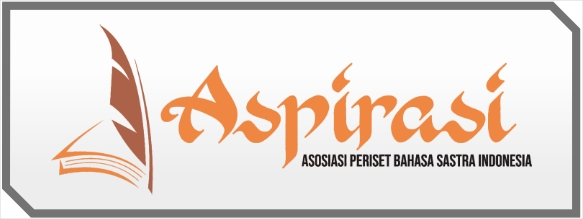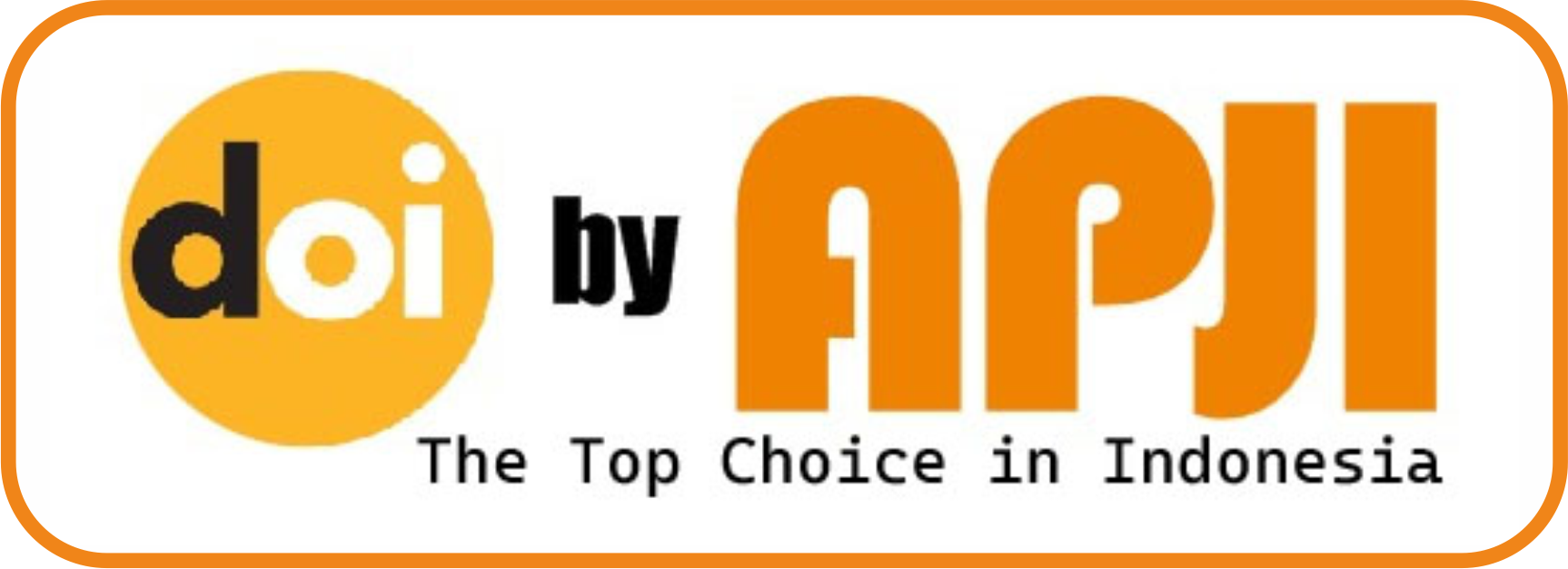Inclusiveness Of Islamic Studies West and East
DOI:
https://doi.org/10.55606/ijel.v2i3.96Keywords:
Western and Eastern Islamic Studies, InclusivityAbstract
This article shows a methodological study of Islamic Studies in the West and East. Even though they both study Islam, there are distinctive characteristics of each study period that result in gaps between the two. This paper is intended to answer the questions (1) How is the concept of Islamic studies in the West and East (2) How is the inclusiveness of Islamic studies in the West and East. (3) How is the inclusiveness of Islamic studies in the West and East. This problem is discussed through library research studies. All data was analyzed descriptively focusing on a systematic explanation of the facts obtained during the research. The results of the analysis and conclusions show that Islamic stIdui in the west and east have their own characteristics. Studies in the West have an anthropocentric pattern, while Islamic studies in the East have a theocentric pattern. Both regional studies in the west and east have their own inclusiveness. Both must remain true to their respective characteristics to strengthen each other. Sometimes harmony is found, while Western Islamic studies research can strengthen Eastern Islamic studies with its scientific basis. Of course, these findings can provide a reference for Islamic studies that are always fresh to be discussed in order to add to the Islamic treasures throughout the world.
References
Abdullah, M. Amin. Normativity or Historicity Religious Studies . (Yogyakarta: Student Library, 2011).
Al Qur'an al Karim.
Ali, Mukti. Comparative Science of Religion in Indonesia (Bandung: Mizan, Cet 10, 1998).
Anwar, Rosihon, et.al, Introduction to Islamic Studies (Bandung: Pustaka Setia, 2009).
Aqib Suminto. Snouck Hurgronye's Islamic Politics . (Jakarta: LP3ES. 2009).
Azim Nanji (ed.). Map of Islamic Studies. Orientalism and New Directions for Islamic Studies in the West . (Yogyakarta: Fajar Pustaka Baru. 2003).
Azizy Qodri.A, Development of Religious Sciences , (Semarang: Aneka Ilmu, Cet 2, 2004) Et al
Azra, A. Islamic Education, Tradition and Modernization towards the New Millennium . Jakarta: Logos, 2000.
Read Abdurrahman Al Suyuthi. Al Takhbir fi Ilm Al Tafsir. Baerut: Dar Al Fikr. 1998
Edward W Said. Orientalism . Trans. Asep Wisdom. (Bandung: Pustaka Salman. 2009).
Ethnography, in http://adeadeankali.blogspot.com/2010/01/understand-etnografi.html. Accessed 25 August 2023.
Fazlur Rahman. Main Themes of the Qur'an: Major Themes of the Qur'an. Trans. Anas Mahyuddin. (Bandung: Pustaka Publishers. Hamid Algadri. 1984).
Hartford Seminary at http://www.hartsem.edu/abouthartford-seminary.
HEFCE. (2008). International Approaches to Islamic Studies in Higher Education . [On line]. Available: http://www.hefce.ac.uk/Pubs/RDreports/2008/rd07_08/.
Hidayatullah, Europe and Repressive Politics Against Muslims , 2005.
Jamilah, Maryam, Islam and Orientalism, trans. Machnum Husein (Jakarta: Rajawali Press, 1994), 15
Juhannis, H. (2008). Learning from Islamic Study Approaches in the West . [On line]. Available: http://wap.fajar.co.id/news. php?newsid=32698.
Kraince, R.G. (2008). Islamic higher education and social cohesion in Indonesia .[Online]. Available: http://www.springerlink.com/ content/0670u1r860820156/fulltext.pdf?page=1.
Mackeen, AM, Mohammad, "Islamic Studies as a University discipline". The Islamic Review & Arab Affair, May 1969 and June 1969.
Mubarok, Jaih, Hakim Abd. Atang. Islamic Studies Methodology , (Bandung: PT. Teen Rosdakarya, 2009).
Muhaimin, Areas and Insights of Islamic Studies, (Jakarta: Pranata Media, 2007).
Muhaimin. Areas and Insights of Islamic Studies (Jakarta: Kencana.2005).
Naim, Ngainun. Introduction to Islamic Studies , (Jakarta: Teras, 2009).
Nasution, H.. Islam Viewed from Various Aspects . Volume I. (Jakarta: UI Press. 1985).
Nata, Abuddin. Islamic Studies Methodology , (Jakarta: RajaGrafindo Persada, 2008).
Qodri A. Azizy. Development of Islamic Sciences . Jakarta: Directorate of Islamic Higher Education, Ministry of Religion of the Republic of Indonesia. 2003.
Rasyid, D. Islamic Renewal and Orientalism in the Spotlight , (Jakarta: Akbar, Media Eka Sarana 2002).
Romdhoni, Ali . The Qur'an and the Reading Society . in the Amanat Student Newspaper. IAIN Walisongo Semarang. edition 109 August-September 2007.
___________. " Al-Qur'an: Fighting Illiteracy Creating a Scientific Civilization" in the Journal of Qur'an and Hadith Studies. Jakarta: UIN Syarif Hidayatullah Postgraduate School. Volume I No. 1 2011.
___________. The Qur'an and Arabic Literacy. Jakarta: UIN Syarif Hidayatullah Postgraduate School. 2013.
Said, Edward W., Orientalism, Condemning Western Hegemony and Submitting the East as a Subject. (Yogyakarta: Student Library, 2010).
Shimogaki, Kazuo., The Islamic Left between Modernism and Post-Modernism, Critical Analysis of Hassan Hanafi's Thought, Yogyakarta: LkiS, 2012.
Snouck Hurgronye. Dutch Politics towards Islam and Dutch Ancestry . Jakarta: Sinar Harapan Publishers. 2001.
Zada, K. (2009). Orientation to Islamic Studies in Indonesia Getting to Know International Class Education in the PTAI Environment. [On line]. Available: http://www.ditpertais.net/jurnal/vol62003c.asp .
Zaid, Nasr Hamid Abu., Authority of Truth Text, Yogyakarta; Lkis, 2012.
Downloads
Published
How to Cite
Issue
Section
License
Copyright (c) 2023 International Journal of Education and Literature

This work is licensed under a Creative Commons Attribution-ShareAlike 4.0 International License.



















